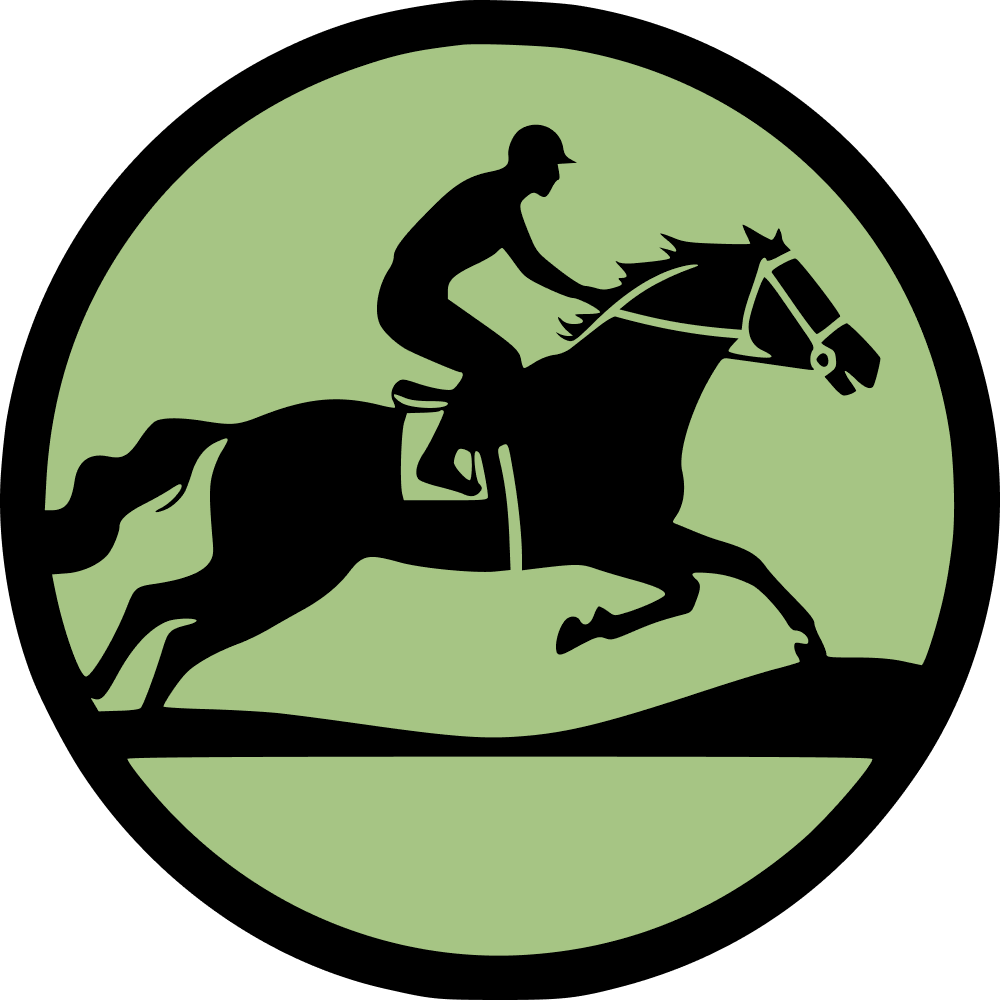The experience of this year's Irish Derby (G1) day on June 30 at the Curragh and the ongoing flat performance of pari-mutuel wagering in North America have reinforced the idea that horse racing is missing a significant opportunity by not fully embracing fixed-odds wagering.
Attending Ireland's big race day as a fan provided a thrilling experience, particularly in the area beside the parade ring where bookmakers were based. The ability to shop around for the best price on favoured horses added a layer of excitement to the betting process. Bookmakers actively advertised their best prices, creating a dynamic and engaging atmosphere.
In fixed-odds wagering, the odds are set when a ticket is purchased, providing certainty and satisfaction akin to finding a sale on a desired product. In contrast, pari-mutuel wagering involves fluctuating odds that are only finalised when the race starts, which can be less satisfying for bettors.
Imagining fixed-odds wagering on North American mobile and internet platforms opens up exciting possibilities. Bettors could not only discuss their favoured horses, but also where to find the best odds, much like the bookmakers' representatives at the track. These platforms could significantly boost the sport's visibility and appeal, especially to new legal sports bettors in the United States.
Fixed-odds wagering, under an agreement that benefits purses and tracks, could rejuvenate win betting without negatively impacting popular pari-mutuel wagers like the Pick 4, Pick 5, and Pick 6. As new players are introduced to the sport through fixed-odds wagering, they may gain the confidence to try more complicated bets.
Only a few states have embraced fixed-odds wagering. Meanwhile, pari-mutuel wagering remains stagnant or declining. Despite record betting on Kentucky Derby and Belmont Stakes days, U.S. racing handle in the second quarter was down 0.45%. For the year, the handle is down 2.05% compared to the first six months of 2023. Without a turnaround, this would mark the third consecutive year of decline since a COVID-fueled bump in 2021. This suggests that new players drawn to the sport during COVID have not been retained, possibly due to the betting experience.
Sports bettors accustomed to shopping around for the best odds and locking in a price might find pari-mutuel wagering less appealing. In pari-mutuel betting, a horse back at 3-1 might win but payout at 2-1, which can feel disappointing compared to the fixed-odds model where the initial price is honoured.
The 2021 handle bump was driven by sports fans and bettors seeking new outlets. Returning to this group with a familiar and straightforward wagering form—fixed-odds betting—could attract new players and retain them more effectively than the current pari-mutuel system. Embracing fixed-odds wagering could be a significant step forward for the sport of horse racing.

